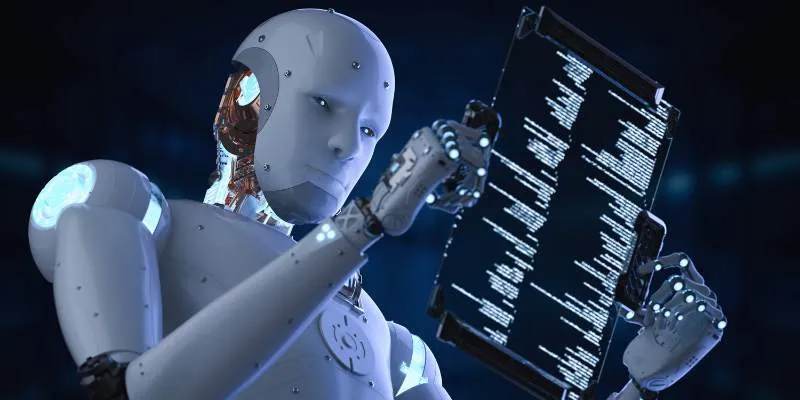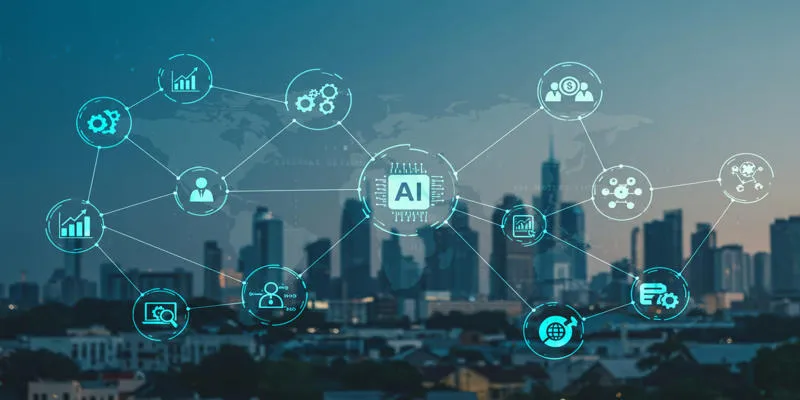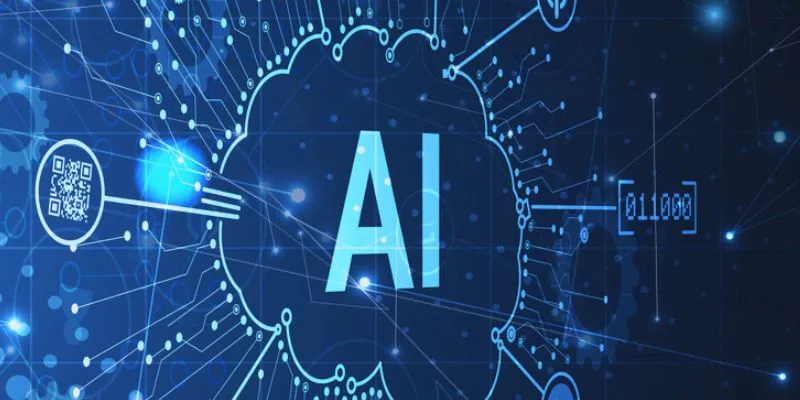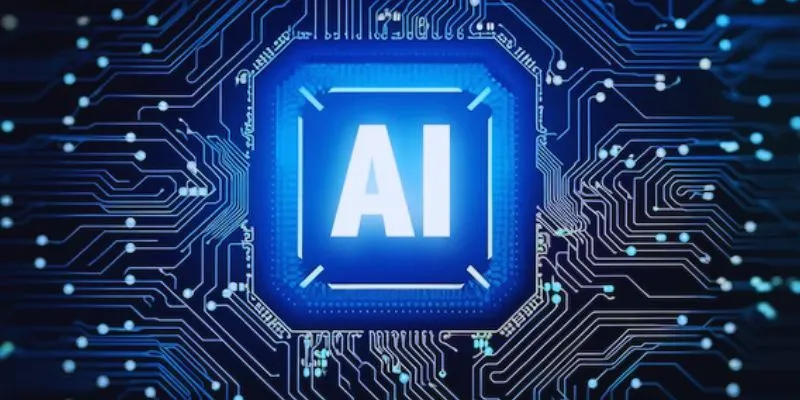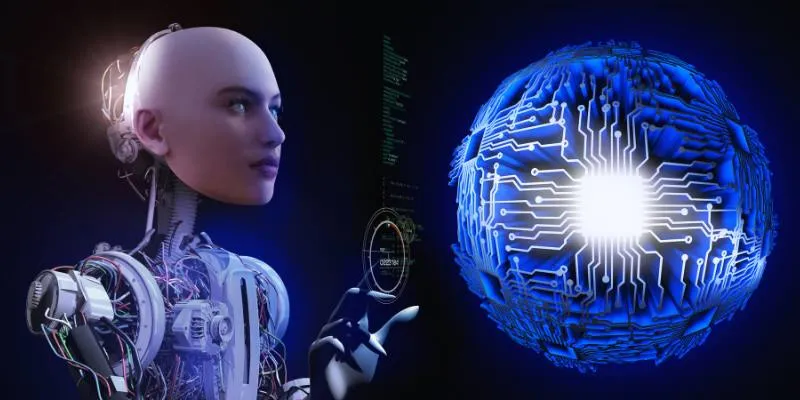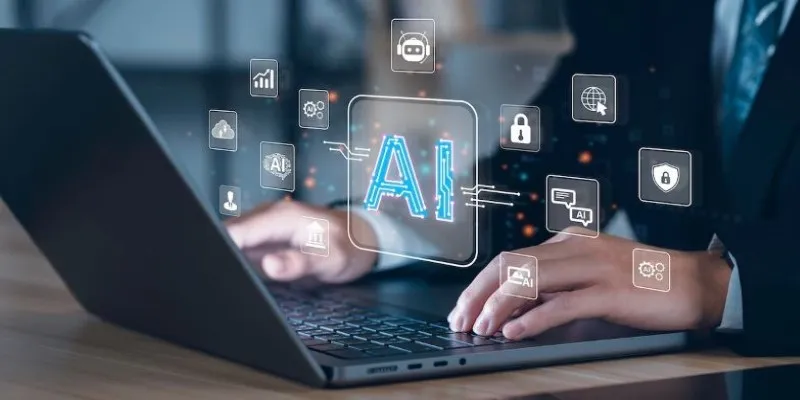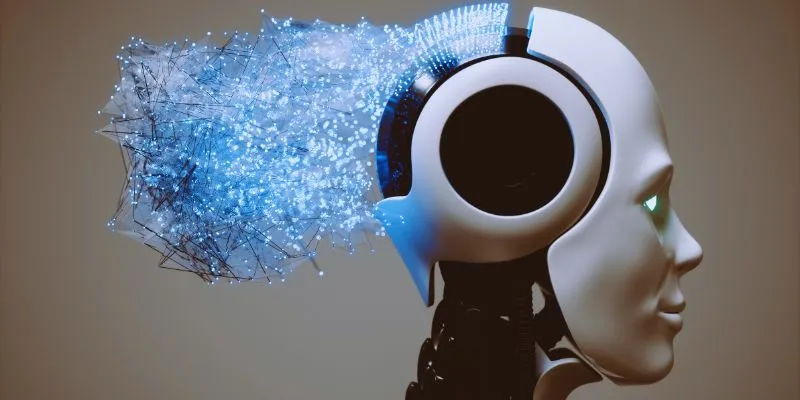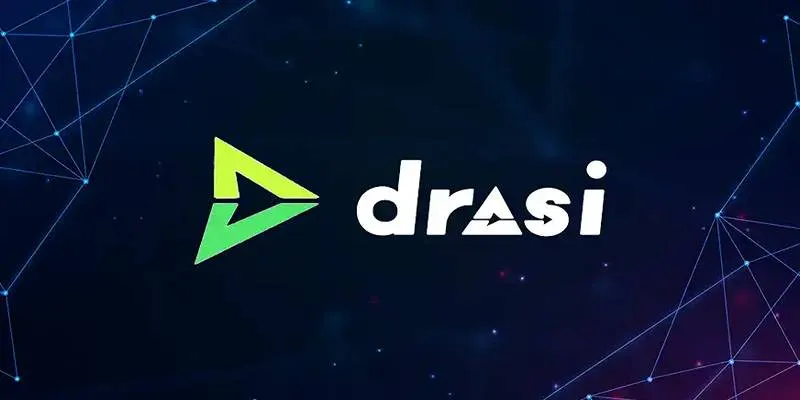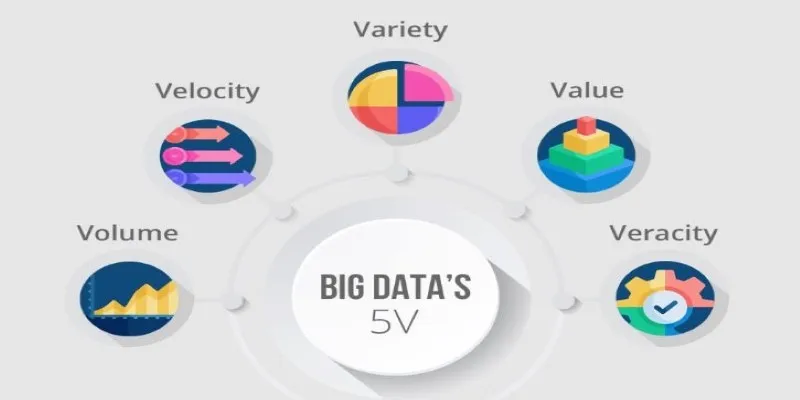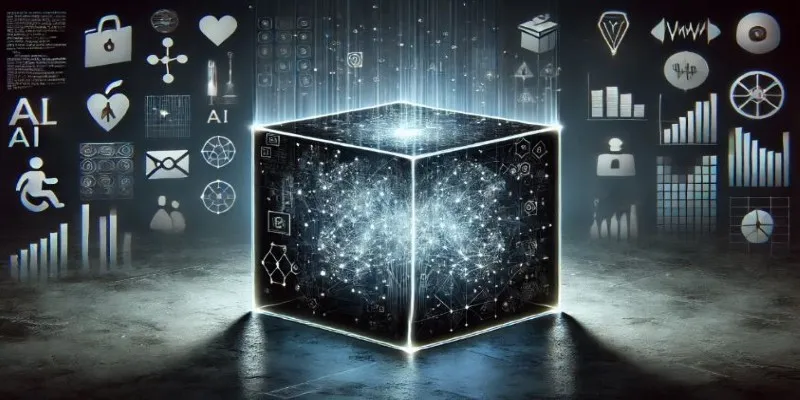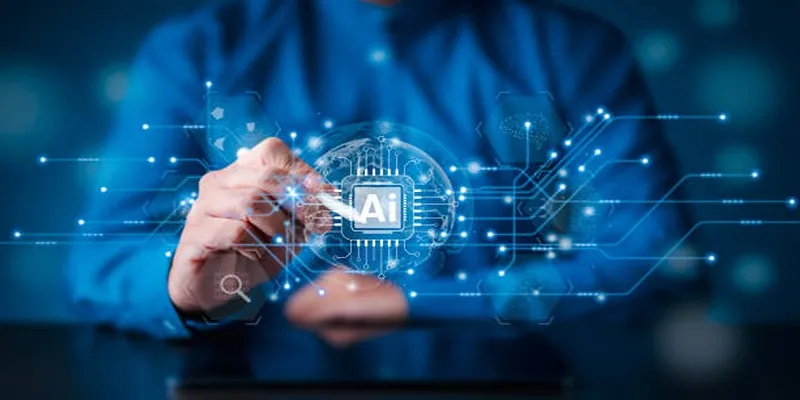Artificial intelligence (AI) has rapidly transformed from a futuristic concept into a reality, revolutionizing industries worldwide. Specifically, in the tech sector, AI is shaping the future of IT, facilitating new possibilities, and significantly impacting data handling and software development. This technology offers vast opportunities but also presents various challenges within the tech industry. Understanding AI’s impact on technology is crucial for future planning. If you aim to succeed in this evolving industry, let’s delve into how AI is affecting the tech landscape.
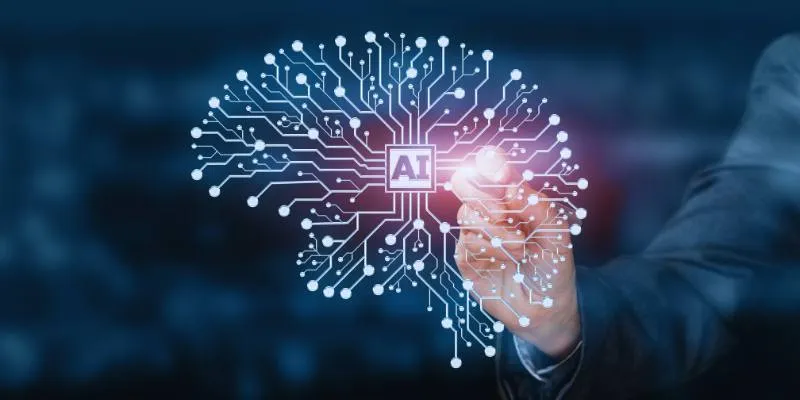
The Impact of AI on the Tech Industry
AI can be classified into several categories: machine learning, deep learning, natural language processing, image processing, and speech recognition. Machine learning and deep learning are pivotal in revolutionizing the IT sector by boosting productivity, automating routine processes, and making accurate predictions. Let’s explore other ways AI is impacting the industry:
Code Assistance
AI algorithms analyze vast amounts of data to gain insights that help companies enhance productivity through automation. AI-powered code assistants support engineers in software development by offering auto-completion, writing boilerplate code, detecting syntax errors, and identifying security vulnerabilities. However, while these tools increase efficiency, over-reliance on them for generating production-grade code should be avoided.
Cybersecurity
Cybersecurity faces challenges like vulnerable systems, a shortage of skilled professionals, diverse attack vectors, and massive data. AI-powered cybersecurity systems address these issues by collecting and analyzing data from various enterprise systems. They provide intelligence in areas such as IT asset inventory, control effectiveness, threat exposure, quick response, and breach risk forecasts. AI enhances human capabilities by speeding up real-time data analysis necessary for incident management and threat detection.
AI-Powered Chatbots
AI’s application in chatbots significantly improves customer experience by providing generative AI-powered smart assistants. These virtual assistants help customers communicate, get answers to their questions, and solve problems efficiently, offering needed information anytime, anywhere.
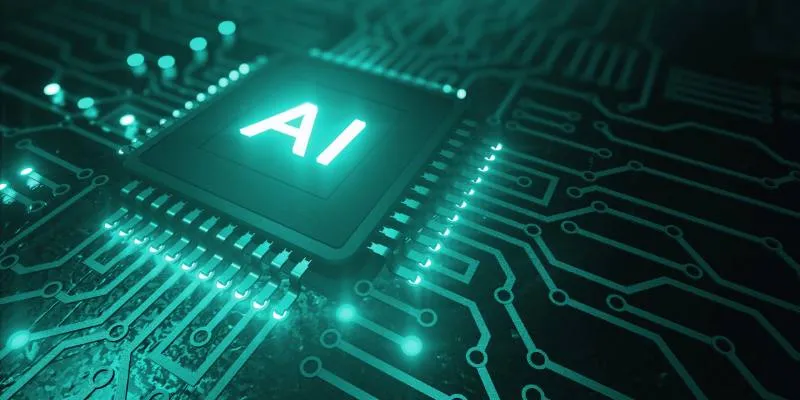
Benefits of AI in the Tech Sector
The implementation of AI in the IT industry offers numerous benefits, including:
- Efficiency and Productivity: AI simplifies regular activities, reduces human errors, accelerates assessment phases, and allows businesses to focus on complex tasks by recognizing trends and performing regression analysis.
- Cost Reduction: AI-driven modernization and forecasting lower operational expenses. AI-powered workflow automation improves tasks by replacing tedious human jobs with robots, reducing costs and laborious tasks.
- Innovation and Problem Solving: AI provides tools for data analysis and insight discovery, forecasting market developments and customer behavior. AI systems evaluate massive data volumes, offering businesses a competitive advantage by identifying problems and recommending solutions.
Challenges of Artificial Intelligence in Tech
Despite its benefits, AI poses several challenges:
- Ethical Considerations: The creation and implementation of AI involve moral issues, including security, tracking, and information protection. It’s crucial to ensure proper use of AI technologies.
- Bias and Fairness: Unchecked AI systems may exacerbate existing flaws, leading to prejudice and unfair treatment in areas like job and lending decisions.
- Job Displacement: While AI creates new job opportunities, it can also replace jobs, particularly those involving routine tasks. This is a significant risk, as technology advancements have led to job losses.
The Future of AI in the Tech Industry
AI in the tech industry promises endless opportunities and is essential for major IT advancements. Businesses and governments are investing in AI research to boost economic growth and productivity. Students focusing on AI will find more job opportunities in IT, as there will be a demand for skilled workers who can effectively utilize AI.
The impact of AI on the tech industry will require IT professionals to collaborate with AI systems, just as they do with programming and coding today. From cybersecurity to health IT, AI will influence technology engagement and business operations. Embracing AI today will ensure success in the future.
Conclusion
The integration of AI into the IT industry is transformative. AI enhances efficiency, fosters creativity, and provides new opportunities for businesses and workers. However, ethical AI implementation is crucial. Businesses that leverage AI’s potential today will gain significant benefits in the future.
 zfn9
zfn9
